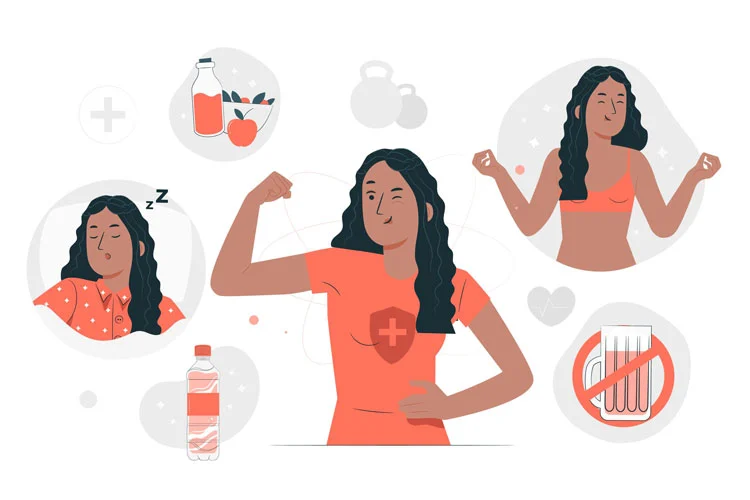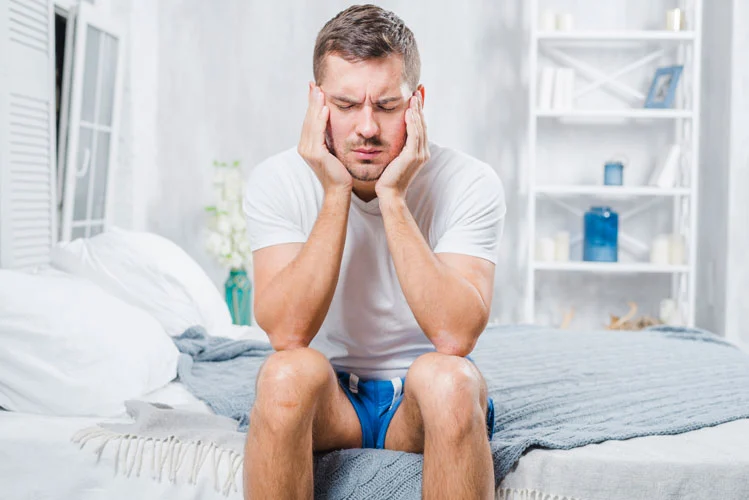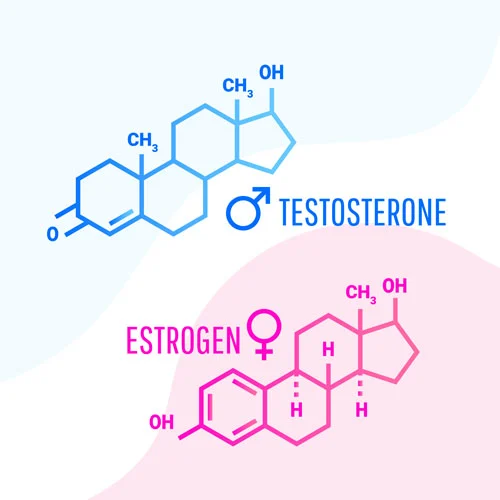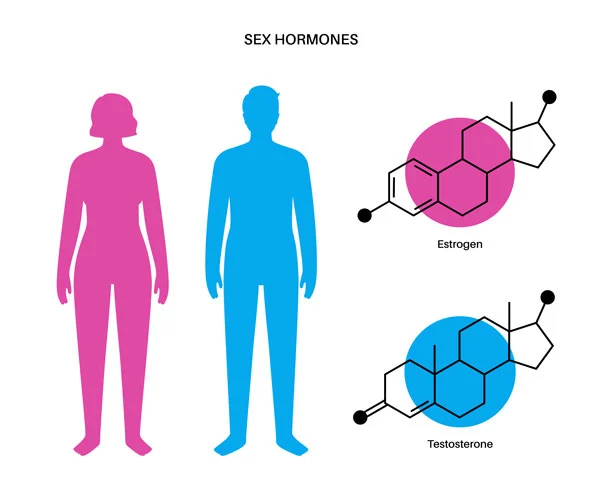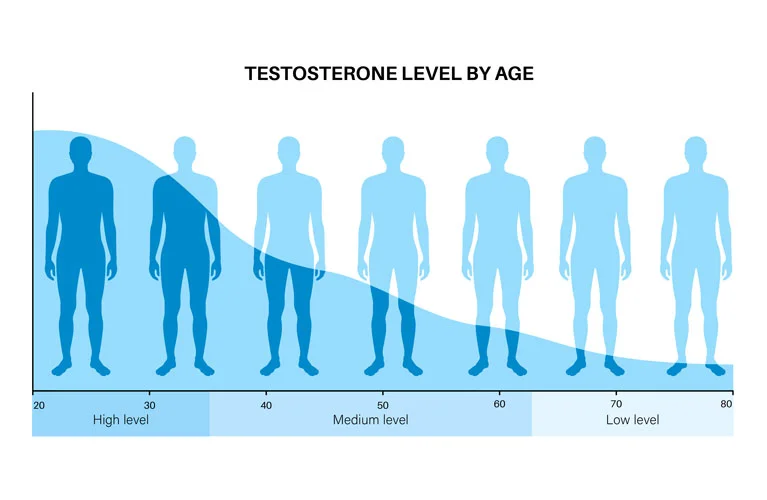Testosterone Therapy for Women: Separating Myths From Facts
When most people hear the word testosterone, they think of men, muscles, and maybe even aggression. But here’s the truth: testosterone isn’t just a “male hormone.” Women naturally produce testosterone too, and it plays a huge role in energy, mood, focus, and overall well-being.
Unfortunately, myths about testosterone therapy for women have kept many from exploring a treatment that could make them feel like themselves again. Let’s clear the air.
Myth 1: Testosterone Only Matters for Men
This is the biggest misconception of all.
Women produce about one-tenth the amount of testosterone that men do, but it’s still essential for physical and mental health. As women age, testosterone levels decline, especially after menopause, leading to fatigue, low libido, weight gain, and loss of muscle tone.
Testosterone therapy helps restore healthy levels and improve daily function, confidence, and vitality. It’s about balance, not masculinity.
Myth #2: Testosterone Makes Women Bulky
No, not even close.
Women do not have the testosterone levels required to develop large muscles like men. The goal of therapy isn’t to “bulk up.” It’s to stabilize hormones and support muscle tone, metabolism, and healthy weight.
Most women on properly dosed therapy report feeling leaner and stronger, not bigger.
Myth 3: Testosterone Therapy Leads to Mood Problems
When testosterone is prescribed in excess, anyone can experience mood changes, but that’s poor treatment, not the hormone’s fault. When managed by experienced clinicians, testosterone therapy helps improve mood stability, focus, and sense of well-being.
Low testosterone is more likely to cause irritability, anxiety, and emotional fatigue than balanced therapy ever would.
Myth #4: Testosterone Therapy Is Unsafe for Women
Testosterone therapy is safe when monitored correctly. At Tucson Wellness MD, every patient’s hormone levels are tested and reviewed regularly. Treatments are individualized based on your needs, not a one-size-fits-all plan.
When combined with healthy lifestyle habits, testosterone therapy safely supports:
- Energy and endurance
- Libido and sexual wellness
- Bone strength and lean muscle tone
- Mental clarity and motivation
Myth #5: Testosterone Is Only for Older Women
Hormonal imbalance can happen at any age. Stress, birth control, pregnancy, or medical conditions can all cause testosterone levels to drop. Women in their 30s and 40s are often surprised to learn their symptoms such as fatigue, low sex drive, poor sleep, and brain fog are tied to low testosterone.
Testing your levels early helps prevent long-term effects on metabolism, mood, and body composition.
The Truth About Testosterone Therapy for Women
Testosterone therapy isn’t about becoming masculine. It’s about helping women feel healthy, focused, and in control again. Balanced hormones support your body’s natural functions, from mental clarity to muscle tone and metabolism.
If you’ve been feeling off, low on energy, or disconnected from yourself, it might be time to check your hormone balance.
At Tucson Wellness MD, we specialize in safe, physician-guided hormone optimization for women. Our team customizes every plan to your unique goals, whether it’s restoring energy, improving mood, or supporting long-term wellness.
Getting Hormone Testing and Treatment Close to Home
Hormone therapy is most effective when care is consistent, monitored, and accessible. Working with a nearby clinic allows women to receive regular testing, personalized treatment adjustments, and ongoing medical support without long delays between visits.
Local clinical access helps patients:
- complete hormone testing and follow-up labs on schedule
- receive individualized dosing adjustments based on results
- monitor symptoms and treatment response over time
- access in-person guidance for lifestyle and wellness support
- maintain long-term hormone balance with continuous care
Convenient access to medical supervision makes hormone therapy safer, more responsive, and easier to maintain over time.
Take the first step toward balance. Schedule your hormone consultation today and learn how testosterone therapy can help you feel your best again.
Frequently Asked Questions
Do women naturally produce testosterone?
Yes. Women produce testosterone in smaller amounts than men, but it plays an important role in energy, mood, focus, muscle tone, libido, and overall well-being.
Why do testosterone levels decline in women?
Testosterone levels decline with age, especially after menopause. Stress, birth control use, pregnancy, and certain medical conditions can also lower levels earlier in life.
Is testosterone really a “male-only” hormone?
No. Testosterone is essential for both men and women. In women, it supports balance and vitality, not masculinity.
What benefits can women experience from testosterone therapy?
Balanced therapy may support energy, endurance, sexual wellness, bone strength, lean muscle tone, mental clarity, and motivation.



